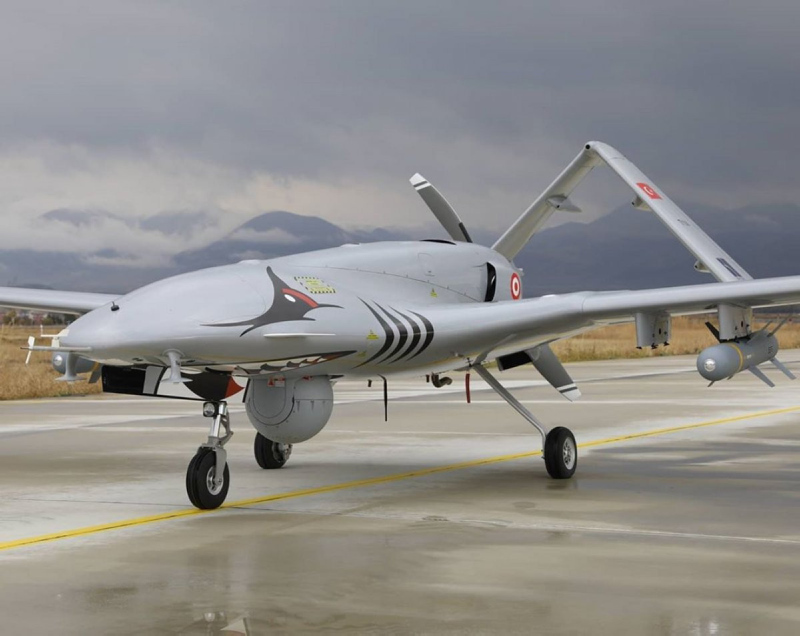The role and future of military drones in warfare have become increasingly complex and multifaceted, with implications that stretch across ethical, tactical, and geopolitical domains. The proliferation of mass-market military drones has notably shifted the dynamics of modern warfare, enabling smaller nations and non-state actors to deploy air capabilities that were once the exclusive domain of major military powers.
In the burgeoning field of urban air mobility, the integration of Artificial Intelligence (AI) into eVTOLs (Electric Vertical Take-Off and Landing vehicles) heralds a transformative era. These aircraft, poised to redefine urban transportation, are not mere figments of futuristic imagination but tangible manifestations of advanced technology. AI’s role is multifaceted, underpinning crucial aspects such as navigation, obstacle avoidance, and split-second decision making.
The horizon of modern warfare and defense technologies has witnessed a new dawn, marked by the advancements in artificial intelligence (AI) and its intersection with aviation.
The German military (the Bundeswehr) is probing new frontiers in the advancement of drone technology, partnering with Airbus Defense and Space, as well as multiple start-ups to explore the application of drone swarms in defense tactics.
Airbus, a leading global player in the aerospace sector, has launched a revolutionary step in airplane automation. The company’s experimentation with an Airbus A350-1000 aircraft has produced a system that doesn’t merely control the plane, but communicates in human speech with air traffic controllers. The project, termed DragonFly, has propelled Airbus into a new era of technology and has transformed the traditional understanding of air travel.
The concept of flying cars, once a mere figment of human imagination, has become a reality. As the automobile industry takes to the skies, innovators are continuously working to revolutionise the design and operation of these futuristic machines. This article delves into the realm of emerging technologies, exploring the advancements that have the potential to redefine the flying car landscape. Strap in and join us as we navigate the horizon of aeronautical possibilities.
- 1
- 2







